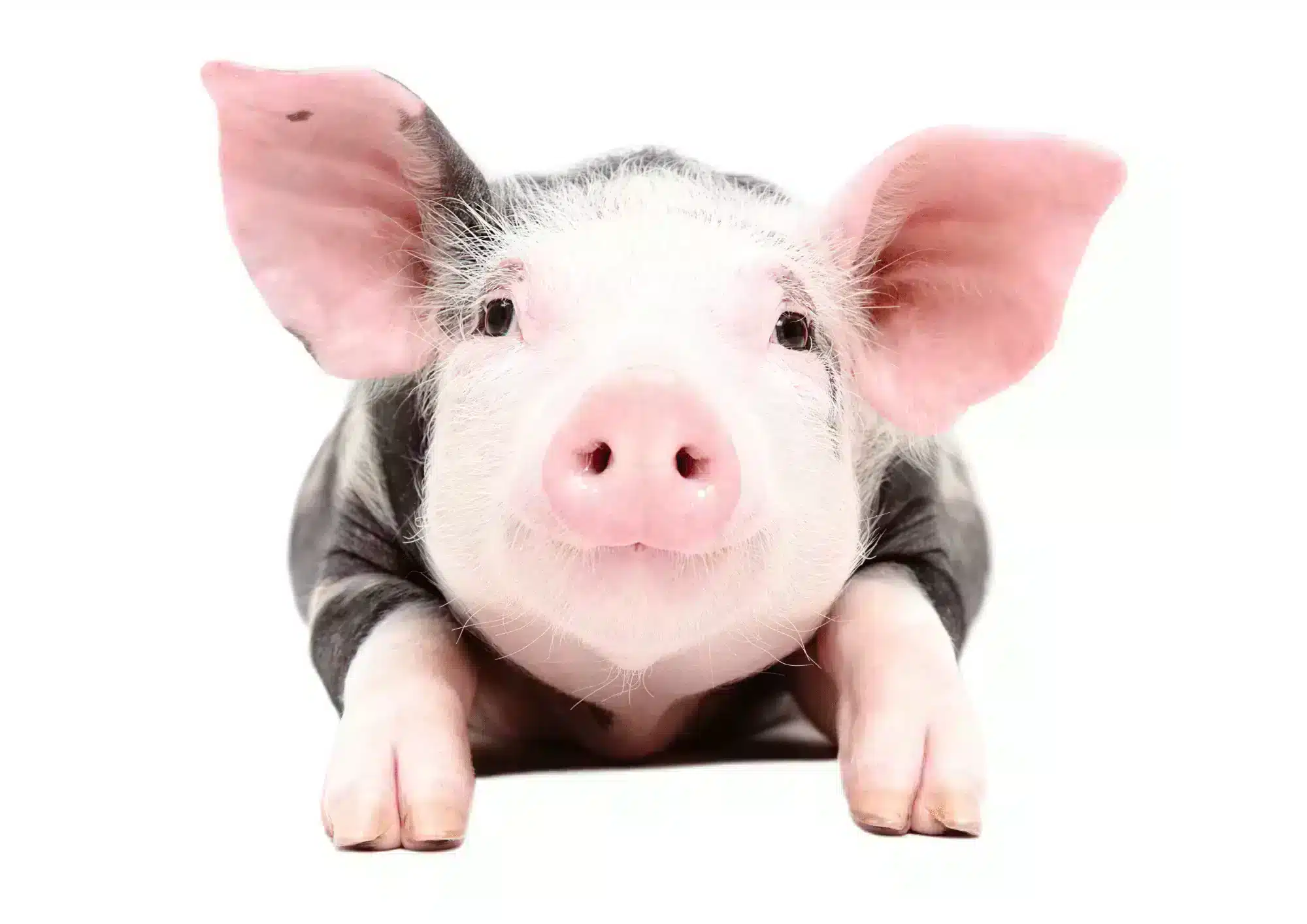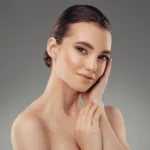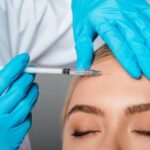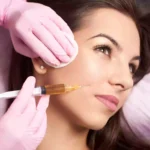

As the popularity of the vegan lifestyle and of minimally invasive cosmetic treatments grows, it can only lead to one thing: more patient inquiries regarding vegan-friendly cosmetic injections. While you may be an expert at restoring youth and beauty, these lifestyle questions can be difficult to address. Read on to find out whether top brand names like Juvederm, Restylane, Botox, and more fit the bill.
What makes a product vegan?
Two main factors determine if a product is vegan: its ingredients and its testing.
Ingredients
For a product to be considered vegan, it must contain no animal products and no ingredients derived from animals. A vegan individual does not consume meat, eggs, dairy or other products obtained from animals and also does not wear leather, fur or wool.
Product testing
For a product to be considered vegan, it must not be tested on animals. While, legally, a product can be labelled as vegan if it does not contain animal ingredients, most vegans prefer that their products not be tested on animals.
Is Botox vegan?
Among the most popular cosmetic injectables, Botox contains botulinum toxin, which is produced by Clostridium botulinum bacteria. While this ingredient is vegan, a secondary ingredient in Botox’s product line is human albumin, which is a protein from human blood. Although the main ingredient in Botox comes from bacteria, Botox is not vegan.
Botox is also tested on animals. To determine the Lethal Dose (LD50) of each batch, Allergan injects mice with the solution and records how many die. Allergan is working to reduce its animal testing by 95% by switching to a cell-based assay. Although this has not completely eliminated their animal testing, it is a large improvement.
Are other botulinum toxins vegan?
Botox’s main rivals, available products from Xeomin/Bocouture and injections from Dysport/AZZALURE®, also contain human albumin. The two manufacturers also test on animals, although Merz is switching testing types for a 95% reduction in animal testing for Xeomin and Bocouture products. Ipsen has pledged to stop animal testing of its Dysport and injections from AZZALURE®.
The South Korean company Medytox produces a botulinum toxin that does not contain human albumin. Neuronox contains a plant protein, which makes its ingredients vegan and, arguably, safer for human use. Unfortunately, this vegan Botox alternative is not available in the U.S.
Is Juvederm vegan?
Juvederm products are made of hyaluronic acid, which is a natural wrinkle-filling substance found throughout animal tissues. While many orthopedic injectables are made with hyaluronic acid found in rooster combs, most dermal fillers, including Juvederm, source theirs from bacterial fermentation. Since Juvederm fillers are produced using bacterial fermentation, their ingredients are vegan.
However, most medical products, including dermal fillers, are required by law to be tested. Juvederm has been tested on animals, but just as with Botox, Allergan has committed to greatly reducing their animal testing.
Is Restylane vegan?
Like Juvederm, Restylane fillers are made from non-animal hyaluronic acid. Produced by bacterial fermentation, this hyaluronic acid does not come from animal sources, and is therefore vegan-friendly. However, Restylane has been tested on animals.
Is Filorga vegan?
Similar to Juvederm and Restylane, Filorga fillers are made with vegan hyaluronic acid that is produced through bacterial fermentation. According to Filorga, they do not test their cosmetic products on animals, although it is unclear if this applies to their cosmetic injectables as well.
Are other lip fillers and dermal fillers vegan?
Most lip fillers and dermal fillers are made of hyaluronic acid from bacterial fermentation. Although this is a vegan-friendly ingredient, most medical products in the U.S. have undergone some sort of animal testing, which means that these fillers are likely not cruelty-free, even products similar to Synvisc.
Can vegans receive cosmetic injections?
As more people choose to become vegan, and still others become more aware of animal testing and other ethical concerns, you will likely receive more questions about the ingredients and testing of the products in your clinic.
For vegan patients with dynamic wrinkles, there is no botulinum toxin currently available in the U.S. that is both made with vegan ingredients and not tested on animals. Some vegan patients may opt for lip and dermal fillers, as the majority of hyaluronic acid fillers are produced with bacterial fermentation, making them non-animal products. However, most have been tested on animals. While some vegan individuals may accept products that have been tested on animals, others may not. It is important to provide all relevant information to your patients and let them determine what they are comfortable with.
Aesthetic products generally refer to a broad category of items designed to enhance or improve one's appearance, often focusing on skincare, beauty, and personal grooming. These products are typically used to maintain or enhance physical attractiveness and may include a wide range of items intended for both professional and personal use. Here are some common types of aesthetic products:
-
Skincare Products: Including cleansers, moisturizers, serums, and treatments designed to address various skin concerns such as acne, aging, hyperpigmentation, and sensitivity.
-
Cosmetics: Makeup products such as foundations, concealers, eyeliners, lipsticks, and eyeshadows used to enhance facial features and achieve desired looks.
-
Hair Care Products: Shampoos, conditioners, styling products, and treatments to maintain and improve the health and appearance of hair.
-
Fragrances: Perfumes and colognes used to enhance personal scent and attractiveness.
-
Dental Care Products: Toothpaste, mouthwash, whitening treatments, and dental floss aimed at maintaining oral hygiene and enhancing smile aesthetics.
-
Personal Grooming Tools: Including razors, electric shavers, trimmers, and grooming kits used for hair removal and personal hygiene.
-
Beauty Devices: Devices such as facial cleansing brushes, LED light therapy masks, and microcurrent devices designed for at-home skincare treatments.
-
Nutritional Supplements: Supplements aimed at promoting skin health, hair growth, and overall well-being, often containing vitamins, minerals, and antioxidants.




